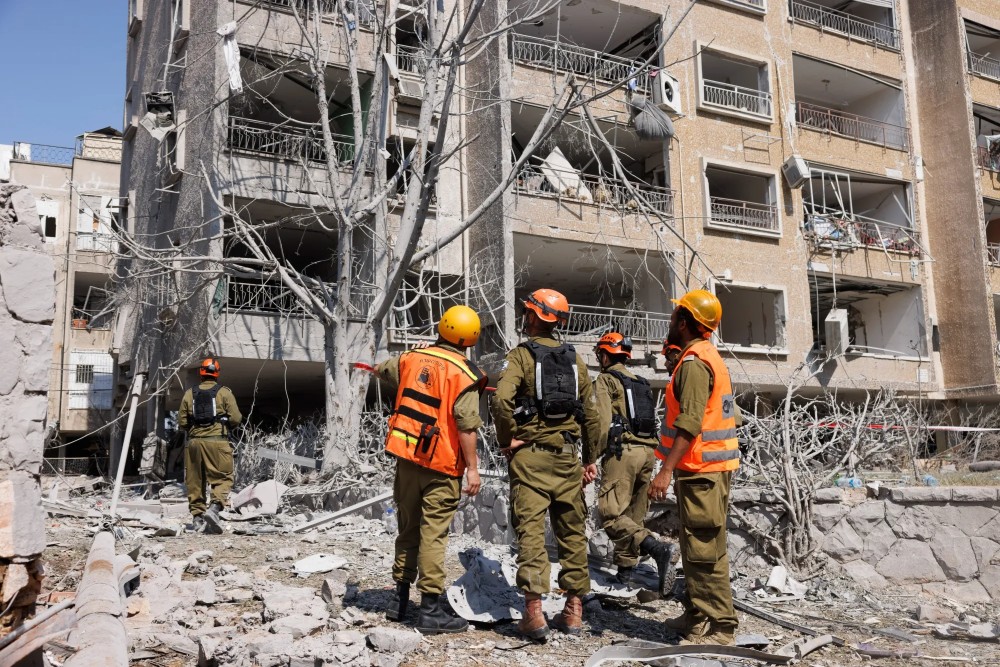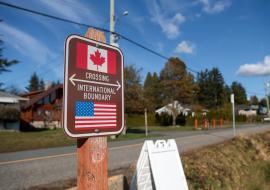Rising Tensions Between Israel and Iran Threaten Tourism in the Middle East

Photo: Bloomberg
The latest escalation of hostilities between Israel and Iran has sent shockwaves through the global community and raised serious concerns about the stability of the Middle East. As military strikes intensify and diplomatic relations unravel, the region’s travel and tourism sector faces a growing threat of disruption.
Over the past few days, airstrikes, missile attacks, and reports of cyber warfare between the two regional powers have dominated headlines. While both countries have traded accusations and vowed retaliation, travel advisories have already begun to shift. Several nations, including the United States, United Kingdom, and Germany, have issued security warnings urging their citizens to avoid non-essential travel to the region, especially to Israel, Lebanon, and areas near the Persian Gulf.
The immediate impact has been visible across major airlines and tour operators. Carriers such as Lufthansa, British Airways, and Emirates have adjusted flight routes to avoid Iranian and Israeli airspace, citing safety concerns. Some have even canceled flights to Tel Aviv, Tehran, and Beirut.
“This level of uncertainty makes it extremely difficult for us to operate,” said a spokesperson for a European tour operator specializing in religious tourism in Israel. “Clients are either postponing or canceling trips altogether.”
Countries like Jordan, Turkey, and the United Arab Emirates, which have invested heavily in tourism infrastructure, also face indirect risks. Although not directly involved in the conflict, their geographic proximity and political ties to either side could affect traveler confidence and regional air connectivity.
The broader consequences extend to the hospitality industry, cruise lines, and cultural heritage tourism, all of which had begun to rebound following the downturn caused by the COVID-19 pandemic. Analysts warn that another wave of instability could lead to massive cancellations, economic setbacks, and prolonged damage to the region’s image as a travel destination.
The UN World Tourism Organization (UNWTO) has not yet issued a formal statement but is reportedly monitoring the situation closely, alongside major travel associations and insurance providers, many of which are reevaluating their coverage policies for trips to the region.
With diplomatic efforts faltering and the potential for broader military involvement, experts say the crisis could reshape the trajectory of Middle East tourism for years to come. “Peace and security are the foundations of a healthy tourism economy,” said a senior regional analyst. “Without them, the ripple effects are felt far beyond the battlefield.”
As travelers, businesses, and governments wait for clarity, the region once again finds its tourism potential eclipsed by the shadow of conflict and uncertainty.














